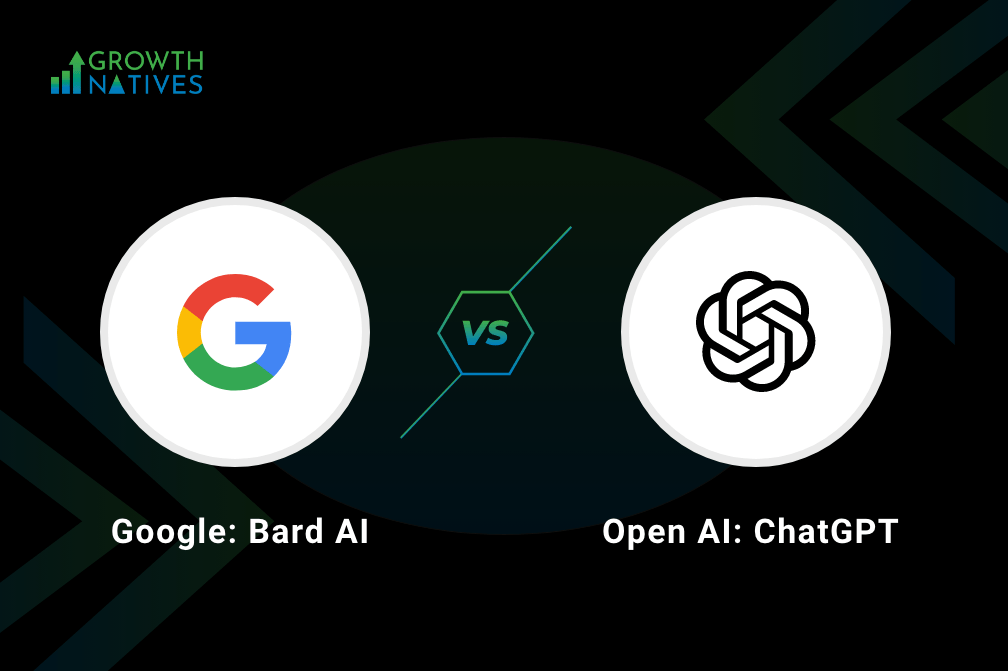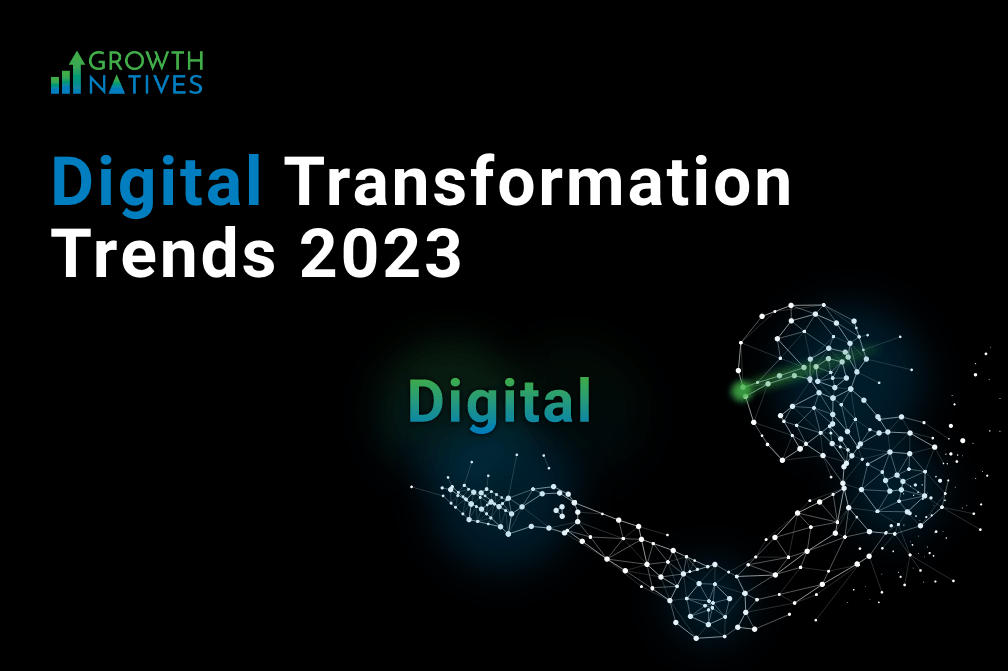Knowing Your Consumer: 7 Psychological Marketing Techniques to Invest in

Table of Contents
People can behave in unpredictable ways, making them difficult to understand, and this is a common apprehension most marketers face - not knowing what and how a customer will behave.
With cut-throat competition, various marketing platforms available, their operational capabilities, and audience sizes expanding all the time, brands are finding it increasingly challenging to manage a broad collection of technical assets. They require a competitive advantage that will help them to meet their marketing goals. And one of the means is psychological marketing strategies.
Marketing emphasizes the connection between your product or service and the people who will use it.
One of the most difficult aspects of being a marketer is predicting how people will act. Given the importance of marketing, companies should make every effort to enhance their marketing strategy and tactics.
Consumer Psychology – An Essential Factor in Marketing to Boost Performance
Understanding consumer psychology will work towards developing tactics that seek to boost conversions, sales, and the overall success of your marketing efforts. But let's take a deeper look at the true impact of applying marketing psychology to optimize your email messages.
More individuals will reach your sales funnel if you can improve your reviews and highlight your customers' positive experiences in your marketing campaigns. Psychology and marketing go hand in hand, helping brands to meet their business objectives.
What Is Psychological Marketing?
What is psychological marketing? This is the question most novice marketers come across aims to understand the thinking, feeling, reasoning, and decision-making power of customers. This is used by digital marketers to win over individuals, and making a calculated emotional appeal might be just what you need to get a durable client.
Psychological marketing aims to acquire a foothold in competition. It's crucial to keep in mind that you're working with people, and they are emotional. Psychological marketing methods are used by a lot of successful marketers.
Remember, all of your marketing activities should be channeled by the knowledge of how what, and why customers think and act the way they do.
1. Change is the Law of Nature
The biggest factor in psychology is to embrace change.
When we talk about the importance of psychology to marketing, we cannot turn a blind eye to change.
Just when you think this is the only level of heat a human can tolerate, News states the unobvious. In the same way, just when you have mastered SEO techniques, Google adds in new algorithm updates.
Marketing works in the same way. You cannot use a single strategy for all your campaigns. Moreover, you cannot use the same strategy every time. It requires change, which comes once you are able to understand your audience.
When we talk about understanding the audience, psychology plays an integral role. The psychological traits help marketers to be familiar with customer behavior and based on that craft strategies that work in a way that tempts the end-users.
2. Procrastination also means Fear
This might come as a surprise to many, as they believe, procrastinating only means to delay things.
But it also includes self-doubting our every effort made. Will the new application work? Is the new e-commerce setup going to deliver ROI? What if the business market will not perform as expected?
Instead of self-analyzing, we start with second-guessing, and most of us do not even know this. Though as humans, it is natural to cross-analyze. Moreover, being adapted to a situation for so long, we resist change and that leads to fear, fear of something going wrong, and products underperforming.
Thus, it leads to procrastination, where we tend to postpone the tasks as much as possible in order to calm down the fast-running pulse.
Unconventional organizations have gone through this, thus, with their experience, they have understood these tendencies. They understood the importance of psychology to marketing, which is why today they use these psychological problems as an advantage to craft effective and competent marketing strategies.
3. Problem-Solving is a Hidden Key
Not only do companies feel conflicted in the fear of procrastination, but also your customers and clients feel the same.
When it comes to B2C companies, the end-users are afraid in terms of purchasing a particular product. A user will visit your website if they are looking for a particular product that meets their distinctive needs. Thus, as an organization, you need to become their problem-solver by focusing on creating products and marketing them in a way that addresses users’ requirements.
For instance, a cosmetic brand always works in a strategic manner. Moreover, in the year 2019, the US cosmetic industry generated a revenue of 49.2 billion dollars. The motto of cosmetic brands is to target the problem by addressing the solutions in the form of a product.
Psychology and marketing when applied together can take brands to new heights. Consequently, if companies start focusing more on becoming a problem-solver they can generate revenue and increase their ROI.
4. Understand your Customers Purchasing Behavior

Customers speak in various ways and most marketers overlook it, hence leading to minimum conversions and fewer sales.
So where exactly do marketers fall short?
Well, when the distinctive personal characteristics of the present and potential customers either are not understood or incorporated into their unique and specific marketing methods, it draws no business.
Marketing is a strategic streak. A great marketer always knows how to invest the right objectives in their strategies. This is the reason they keep their customers in mind while they create any strategy, post any content, run any social media ad, or send a newsletter.
Don’t focus on what is psychological marketing, instead divert your attention to how to use psychological marketing for your business.
When you know what kind of content of ad campaigns will entice your prospects, you will start drawing strategies that make customers click.
5. Focus on Customer’s Journey

Customer Journey is certainly one tactic you might have heard several times. This is because understanding what your customer does from checking your website to buying a product or service plays a crucial role in understanding their behavior.
In order to build customer experience, you need to make them aware of your brand’s existence. Your potential customers can hear about your company or product from anywhere – it can be through Instagram ads, your newsletters, or even through their friends.
Once you are able to implement psychology and marketing together as well as understand your customer behavior, you are certainly able to create strategies. Remember to focus on creating possible marketing tractions that will attract your customers. In addition, you need to understand what kind of marketing campaigns to produce that will initiate them to purchase.
6. Less is More
Wherever we look, we can see a brand is trying too hard to attract and dazzle customers with marketing or advertising. However, sometimes doing more and more can only irritate the customers and make them never visit you again. For example, sending too many emails, unnecessary notifications, etc. are superfluous and counterproductive, in anything.
Moreover, the internet brings us various ways to reach the audience in a matter of seconds, and make impressions that last for long. Today, a viewer can easily click on an amazing number of posts online such as YouTube videos, Instagram reels, websites, and other social media postings. In the first few seconds, you will see the most successful marketing technique.
However, forward-thinking brands have become digital savvy in knowing how and where to find target demographics. In addition, they have started using psychological marketing strategies and focusing on “less is more”
Customers get bored easily, with different brands providing the same thing with long messages. Thus, in order to make the most of your marketing efforts, you need to go a tad easy – not in your strategies, but what you put in it.
The message should be straightforward and simple. For the text-based content, keep it concise and crisp, while avoiding the use of convoluted or florid language. For social media marketing, try using carousel ads. Consider posting a series of shorter films of less than 12 minutes each instead of a much longer 90-minute option for video marketing.
7. Spawn the Benefits of Video Marketing
The use of video unlocks several forms of marketing on the whole. It has conversational language that will make customers understand a brand, and it has motion graphics aligned to make customers stick throughout.

However, one thing that most marketers sideline is – duration. You may feel the need to say everything you know about your product, but does your customer have time to hear all about it?
Based on psychology, humans have a higher tendency to get distracted. So, if your video is exceptionally long, you are not inviting any conversion; in fact, you are pitching the opposite.
Videos can drive higher conversion rates, but mostly when they are short and to the point. For long videos, you have webinars. Thus, while creating a video marketing campaign, don’t forget to overlook what you are pitching for.
If you only want to make your customer buy a product, keep the video short by mentioning the problem-solving techniques to attract them. On the other hand, if you want to educate them more on a service you are offering you can choose to create a webinar, while keeping it to the point and short with unfolding maximum benefits.
Bonus Point - Capitalize on Emotions
Humans are emotionally inclined, anything that benefits them at an individual level, they draw themselves more to it. And this is where psychology and marketing come at pace.
Therefore, it is more compelling to show customers how a service or product may make a significant contribution to their lives instead of displaying a list of characteristics. Moreover,
A smart marketer understands that emotions educate us through their connections, how you can use this knowledge in designing your marketing strategy becomes simpler to perceive. While every customer is unique and has a distinct set of emotional relationships, we may nevertheless generalize.
For instance, companies attract more customers with positive taglines and slogans. This is the reason brands make sure that they have a compelling tagline to stay on customers’ minds. As Nike says, “Just Do It.”
Get started with your research. Look for ways, associations, and connections that will stay on the nerves of your demographic audience (positive emotions of course). Consecutively, don’t fail to look for the things that the customers might hate or dread, as if you implement any such thing, all your efforts will go in vain.
Conclusion
Fortunately, human minds operate in the same manner, and for digital marketers, this works like a charm. While two persons are not likely to find similar interests and habits, the overwhelming majority will submit to the effect of fundamental psychological tips and tactics. Marketers that take note of this and consider psychology in their strategies will experience greater outcomes.
Finally, understanding the brand is just as vital as understanding the customer. As you strive to understand the importance of psychology to the marketing of your target audience, you must make sure that your message connects to them.
The brand image you develop should reflect your customers’ basic ideas and interests. The information you provide them should be both informative and engaging. Make sure the content you're presenting is clear, succinct, and updated, as well as resonates with the audience.
Author Box
Sakshi Arora
Sakshi Arora is a seasoned content writer and editor with extensive experience across various industries including B2C, B2B, travel, e-commerce, and IT. In her free time, she enjoys expressing her creative side through painting and writing poetry. She also finds solace in nature and has a deep spiritual connection. Music brings her immense joy.




